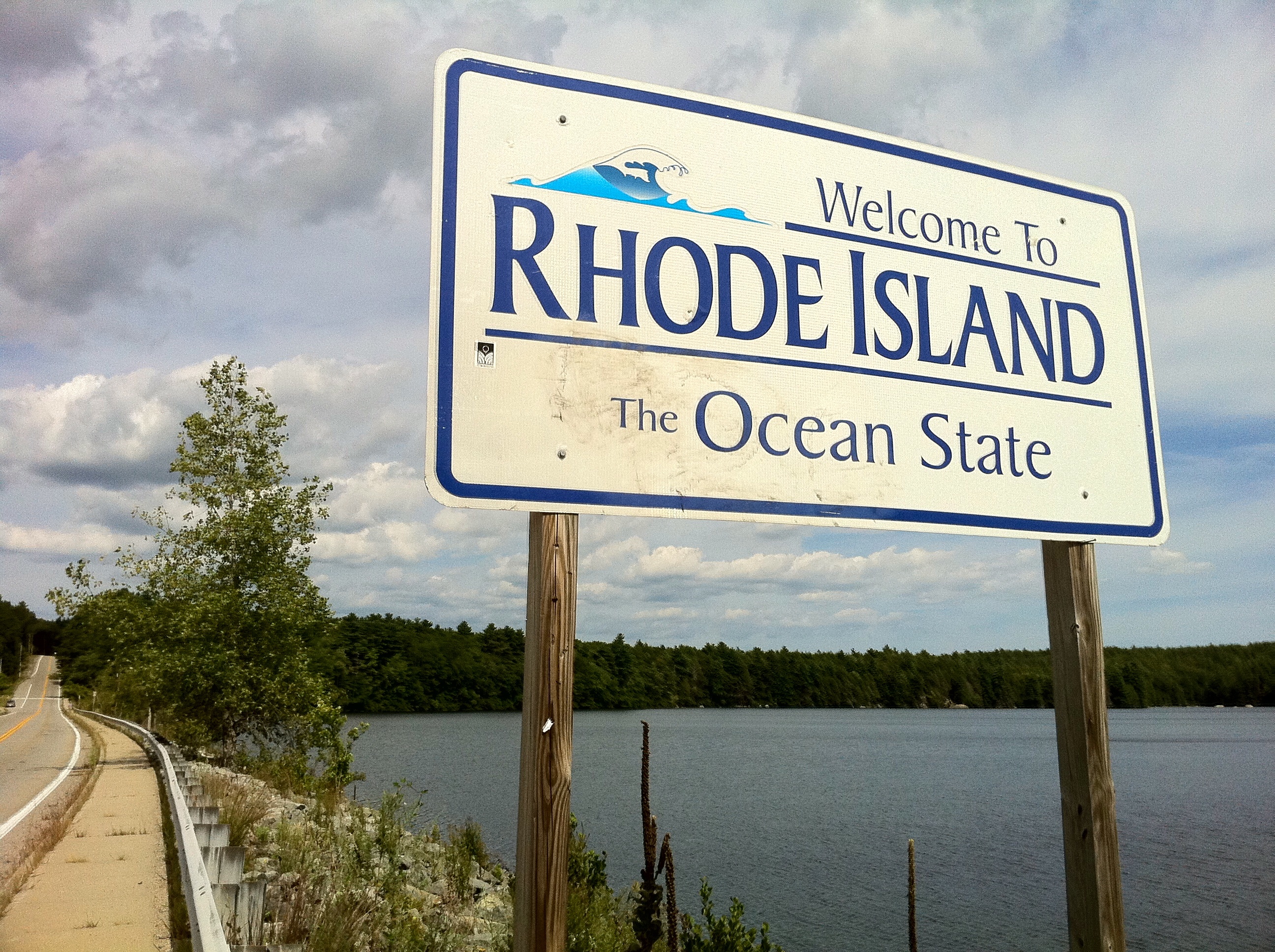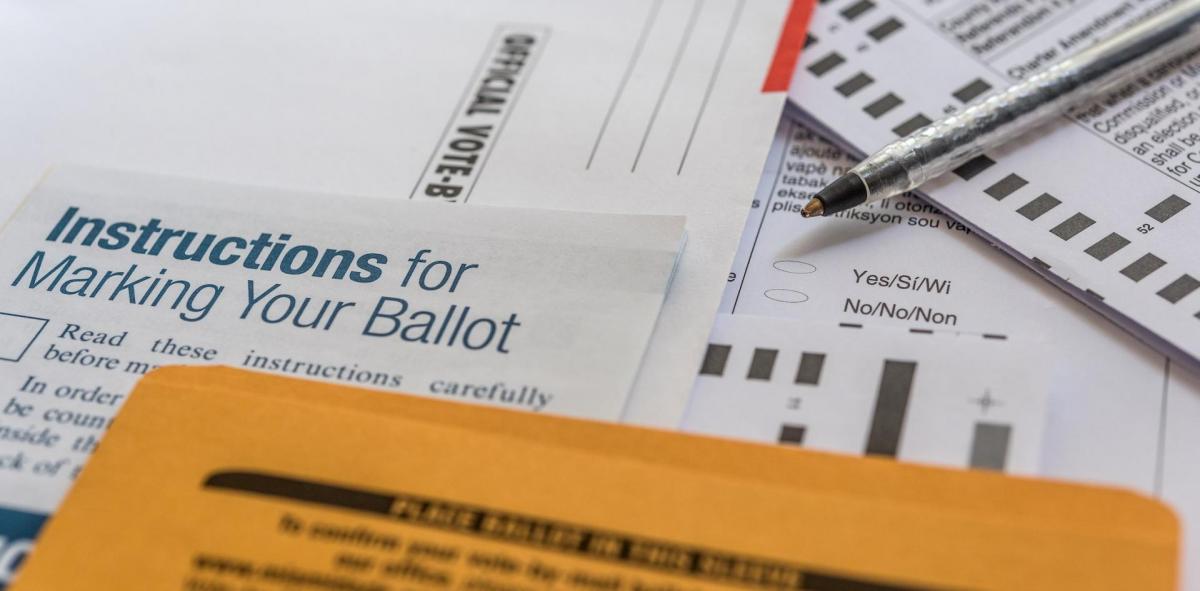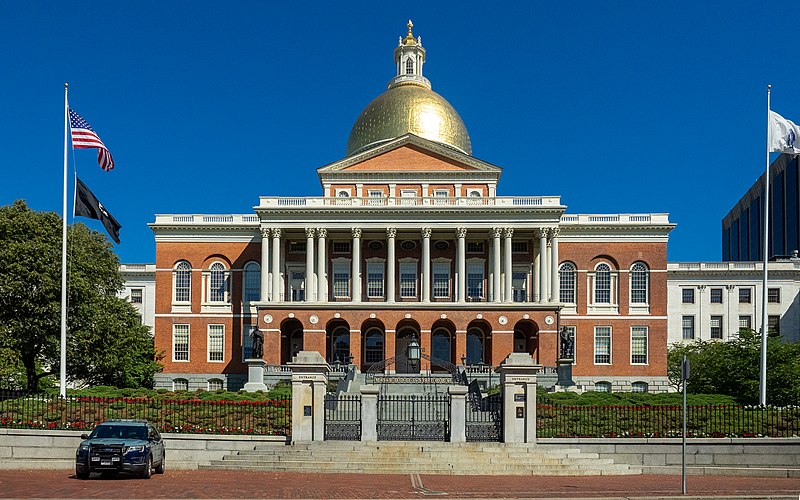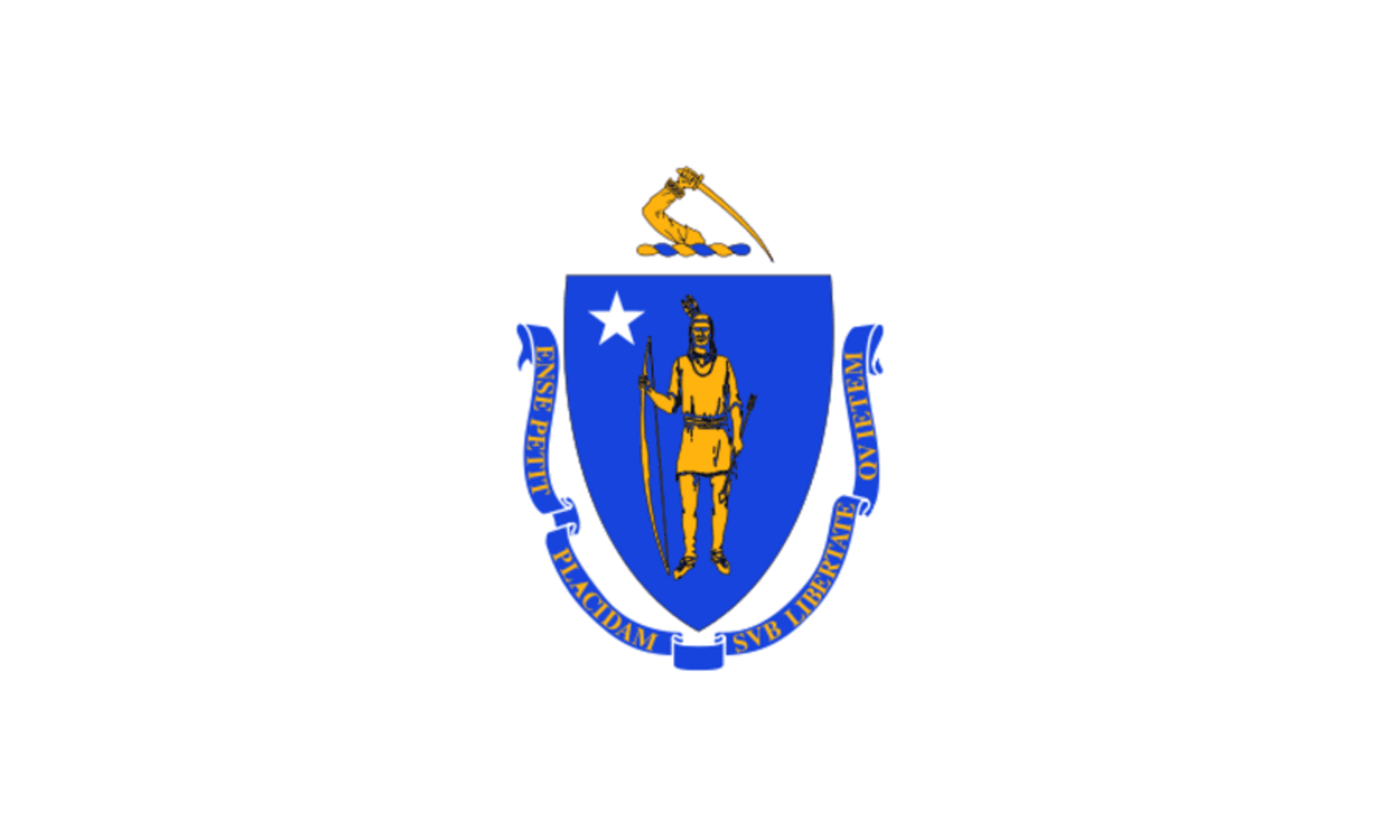Tag: massachusetts
-
Rhode Island Senate approves environmental rights amendment; three states have similar constitutional provisions

The Rhode Island State Senate passed a constitutional amendment to establish a right to clean air, clean water, healthy soil, a life-supporting climate, and preservation of the environment. Senate Resolution 327 (S. 327), introduced by State Sen. V. Susan Sosnowski (D-37), passed the Senate in a vote of 32-4 on June 3. The constitutional amendment…
-
Boston City Council advances RCV proposal for city elections

On May 14, 2025, the Boston, Massachusetts city council voted 8-4 to approve a home rule petition to adopt ranked-choice voting (RCV) for city elections. The petition needs approval from Mayor Michelle Wu (D), who said she would sign the measure, before it goes to the state legislature for consideration. If passed by the legislature…
-
State ballot measure update: Four ballot measures certified for 2025, one for 2026, during the past two weeks

Four statewide measures are certified for the 2025 ballot in one state—Louisiana—as of Nov. 26, 2024. For 2026, eight statewide measures have been certified for the ballot in six states. 2025 ballot measures During the past two weeks, four constitutional amendments were certified in Louisiana for a special election on March 29, 2025: 2026 ballot…
-
Massachusetts voters to decide on firearm regulations veto referendum in 2026, which is the state’s second ballot measure, first veto referendum on firearms

Voters in Massachusetts will decide on a veto referendum to repeal House Bill 4855 (H. 4855), also known as Acts of 2024 Chapter 135, An Act Modernizing Firearm Laws. H. 4855 is an omnibus-style bill that made several changes to the state’s firearm regulations. On Nov. 22, the veto referendum was certified for the general…
-
California, Massachusetts become first states to reject minimum wage increase ballot measures since 1996

Ballot measures to increase the minimum wage were consistently approved from 1998 to 2023, with 24 measures passing during this period. In 2024, voters in California and Massachusetts broke the trend by rejecting proposals to increase minimum wages, the first such defeats since 1996. In California, voters rejected Proposition 32, which would have increased the…
-
Allison Cartwright (D) and Erin Murphy (D) are running in the Democratic primary for Suffolk County clerk of supreme judicial court on September 3, 2024

Allison Cartwright (D) and Erin Murphy (D) are running in the Democratic primary for Suffolk County clerk of supreme judicial court on September 3, 2024. Incumbent Maura Doyle (D), who was appointed in 1996, is not running for re-election. The Boston Herald’s Gayla Cawley wrote that the race “is shaping up to be a battle…
-
Massachusetts minimum wage for tipped workers initiative qualifies for the ballot for a total of five initiatives this Nov.—most for the last seven election cycles

A signature challenge to the minimum wage for tipped workers initiative filed by the Massachusetts Restaurant Association was withdrawn on July 17. The challenge delayed the initiative’s certification, but upon its withdrawal, the secretary of state certified the measure. The initiative would gradually increase the minimum wage for tipped employees according to the following schedule:…
-
Massachusetts certifies four ballot questions on standardized testing, state legislature audits, transportation network drivers, and psychedelic substances

Secretary of State William Galvin (D) announced that four of the five initiatives that submitted verified signatures on July 3 had qualified for the ballot. The initiatives address standardized testing for graduate high school; auditing the state legislature; unionizing and collective bargaining for transportation network drivers; and providing regulated access to certain psychedelic substances. One…
-
Campaigns behind five ballot initiatives in Massachusetts filed a second round of signatures for a spot on the November ballot

Campaigns sponsoring five ballot initiatives filed a second round of signatures with the Massachusetts secretary of state by the July 3 deadline. Committee to Eliminate Barriers to Student Success for All filed signatures for an initiative to amend Massachusetts state law to repeal the requirement that students must achieve a certain competency level on the…
-
Fewest ever contested state legislative primaries in Massachusetts

Massachusetts has 33 contested state legislative primaries on September 3, 2024, the fewest since Ballotpedia started tracking in 2010. There are 27 contested Democratic primaries and six contested Republican primaries. For both parties that is below the average from 2010 to 2022. The average number of contested Democratic primaries was 36.9 and the average number…

